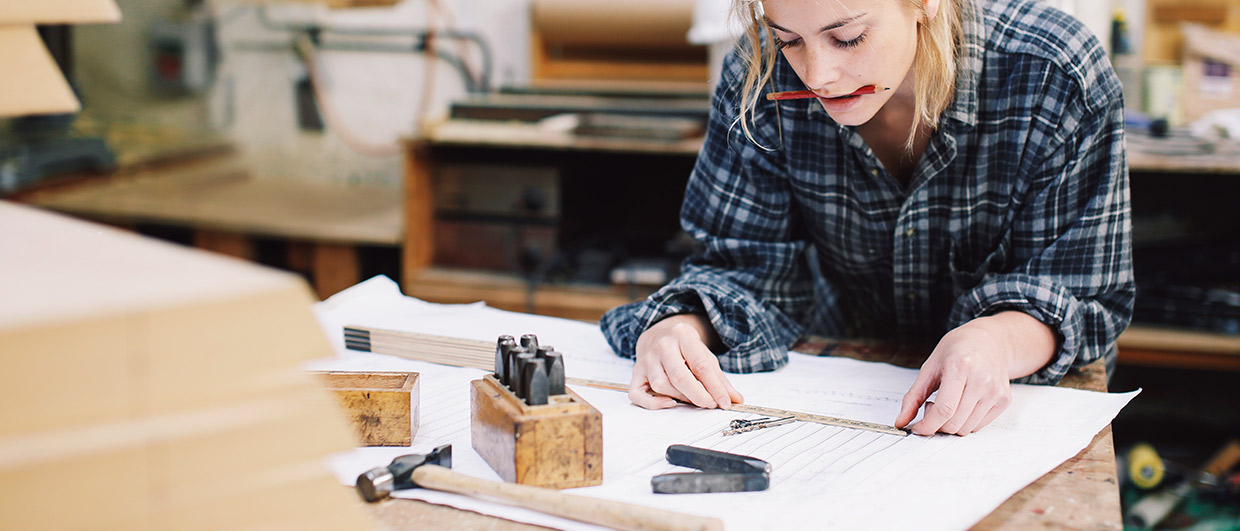
App update: If your HSBC UK app looks different to what’s shown or described on this page, it may be because it's recently been updated. Find out more about our redesigned app.
Knowing exactly how much money you've got coming in and going out – and where it goes – can help you prioritise spending. This means you can make your money last and potentially save more each month.
An app or online budgeting tool can be a great resource, but a spreadsheet or a notebook and pen can work too. Whatever you choose, make sure it’s something you can keep track of and update.
Look at how much money you have coming in regularly, like your salary. If your income changes from month to month, work out the average over the last 3 months.
Then, using your bank statements or transaction history for the last 3 months, work out your average monthly spend. By comparing your income and expenses, you'll see if you're living beyond your means or have money left over.
It can be helpful to put your expenses into categories to identify where you may be overspending. Include regular outgoings like:
You might want to use Balance After Bills. It’s a feature in our mobile banking app that shows you how much you could have left for the month ahead, once scheduled bills (standing orders and Direct Debits) are taken into account.
We also have mobile money management tools in our app to help you track your spending, stay on top of your finances, and achieve your goals.
If you feel you're spending too much or want to save more each month, look at what you can change. Our budget planner can help you see how you spend your money. By adding in a bit about yourself and your finances, it’ll show you a breakdown of your outgoings, including any money you may have left over.
You could then try making small adjustments to your spending, like cutting out the odd takeaway or trimming your weekly food shop.
You could also save money on your energy bill each month by making your home more energy efficient or switching energy providers.
Explore: Everyday spending hacks
Once you've decided where to make changes, set yourself a monthly (or weekly) goal for spending in each category.
This might include some trade-offs along the way. If you have some money for new clothes, it might mean choosing between a pair of trainers or a jumper. The other one will have to wait until next month.
Account for irregular costs too, such as car tax, holidays, and events. Allocating a certain amount for the unexpected at the start of your budgeting period, or saving a little extra to go towards these costs can help.
If you have money allocated for savings, move it into a savings pot or an account as soon as you get paid. This can reduce your temptation to spend it elsewhere.
It’s good to aim high but be realistic – you could get easily disheartened if you make things too hard.
Review your budget regularly to check you’re sticking to the plan. Pay close attention to how you’re tracking against each category. This will tell you where you may want to cut back or adjust your budget. If your budget has fallen by the wayside, that’s okay – there are ways to get your finances back on track.
You can book an appointment with a member of the financial wellbeing team, who can take you through a quick and easy 30-minute financial health check. Our team can chat with you about your banking needs. You don’t have to be an HSBC customer to benefit from this service.
They won’t give financial advice, but they’re here to help you achieve your financial goals, whatever they may be. They’ll be able to explain where you’re doing well and where you may be able to improve, focusing on what’s important to you.